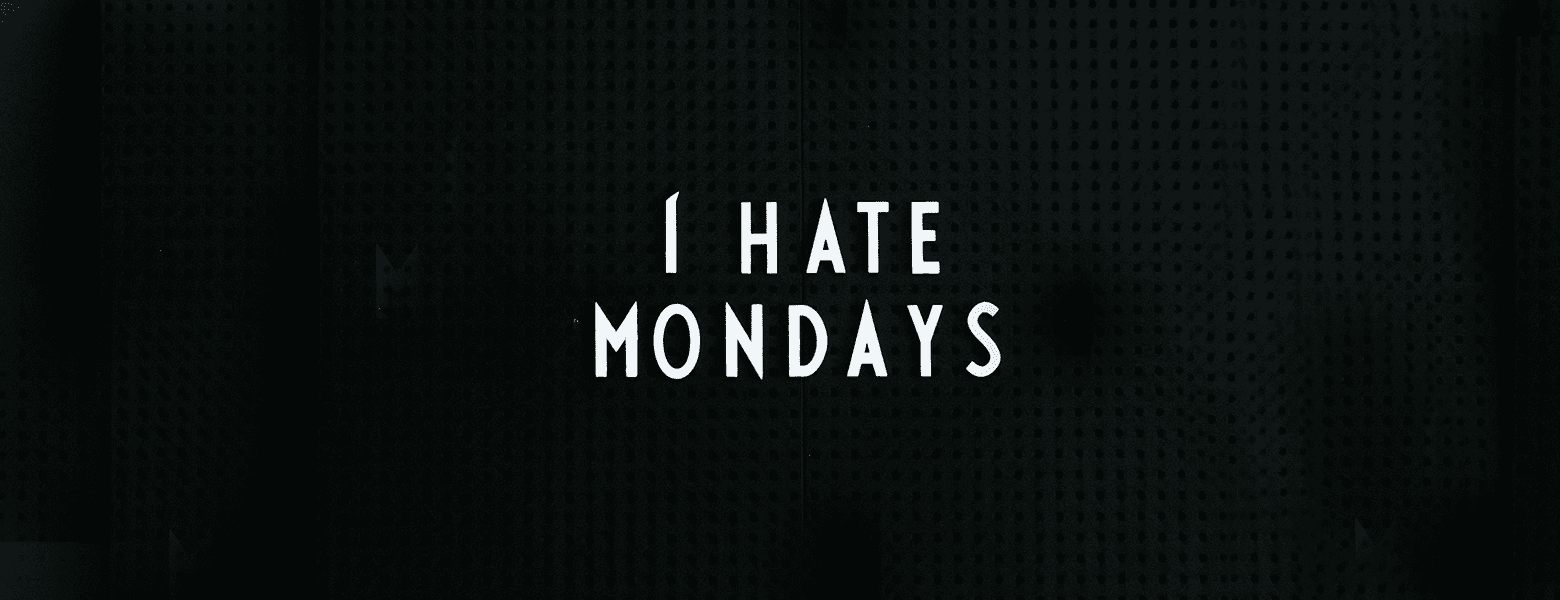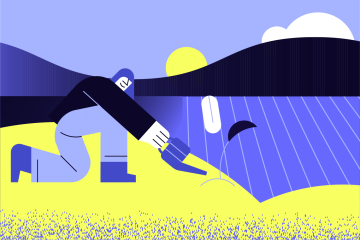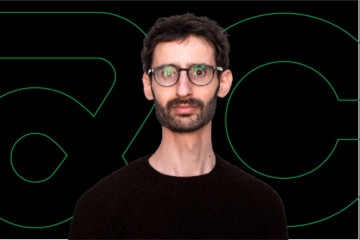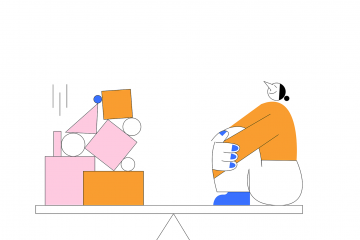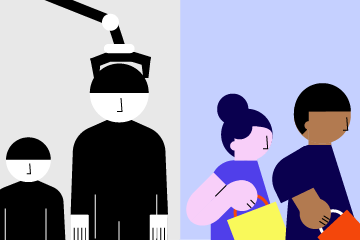
We hate losing. Not like in a lousy loser sort of way – that's just an emotional response to a loss that had already happened. We hate losing so much, that we'd rather avoid it altogether, i.e. taking some bold risks – because the chance for a win is equal to the chance that we might lose. Hence, loses are of greater impact on the human mind. This fear has a name: Loss Aversion, a term in Decision Theory coined by pioneer researches Dr. Amos Tversky and Prof. Daniel Khaneman, whom revolutionary work had won Khaneman a Noble prize.
The premise behind loss aversion maintains that a person would rather not lose $5, than to randomly find $5, as the stuff that we've already integrated into our lives and sense of self, become a part of our status quo and are immensely meaningful. Here's a cool example from the marketing world: trial periods. Faster than you can say lose aversion, that freebee is already a valuable part of your daily routine, a product you will pay for willingly. You've come all this way, and losing it now just doesn't seem like a reasonable option anymore.
Now, let's widen that scope: I think loss aversion is parallel to fear of failure. As we grow, we learn to see fear as a strict ruler, a weariless centralist who grabs you by the scruff and has you seeing reality through a frustratingly narrow crack. You begin recognizing failure as punishment and conclude that your tasks were badly executed and your skills are inexistent. And perhaps you'd rather sit this one out, than to get out there, give your best shot and risk a failure. Eventually, you sit it all out.
Leonard Cohen said it better: there is a crack in everything; that's how the light gets in. I couldn't agree more. Sometime recently, I was discussing my ongoing fears and existential anxiety – 21st century's answer to everything, if you ask me – with a friend, and she gave me a highly sensitive and practical piece of advice: try swapping fear for curiosity. The fact I was so blinded by fear and did not come up with it myself really astounded me. I realized that my angst and curiosity well up from the same emotional spring, so differentiating them could get tricky.
I began practicing curiosity. Just like any other exercise, this is a conscious decision and an active choice. Even when I submitted my CV for this job, my perpetual fear welled up and had me thinking that I'm inexperienced, might not get accepted and perhaps find out that what I had considered as creativity carries absolutely zero meaning in the real world. I went for it, though. I let my curiosity take the lead and preferred getting a straight NO than blissful, static ignorance. Your thirst towards knowledge and adventures deserves your devotion, as it confronts with and positions you against the authentic you. Yes, fear and failure are your frenemies, and that's ok – they reflect the dialogue between your expectations from yourself, to concrete reality: how much of myself do I want to give, and how much of me can you get.
It's not like we have nothing to lose; we just have so much more to gain.
More Inspiration
By Firma - Change Matters
01. פונטים עבריים הם הדבר הכי לא סאחי בעברית
הוא טיפוגרף פורץ דרך שגדל במשפחה חרדית בעיר העתיקה בירושלים, וכל הזמן מחפש (ומוצא) איך לעצב, לשפר...
Read MoreShift Happens
How to design a change in your organization?
In this day and age, every company is a design company.
Whether a product or a service company, everything you do changes you...
By Ori Bar Zvi
The Nature of Cultural Branding
Cultural branding is a tool focused on aligning a brand with specific values or ideals. This approach recognizes that consumers often make purchasing decisions based not only o...
Read More